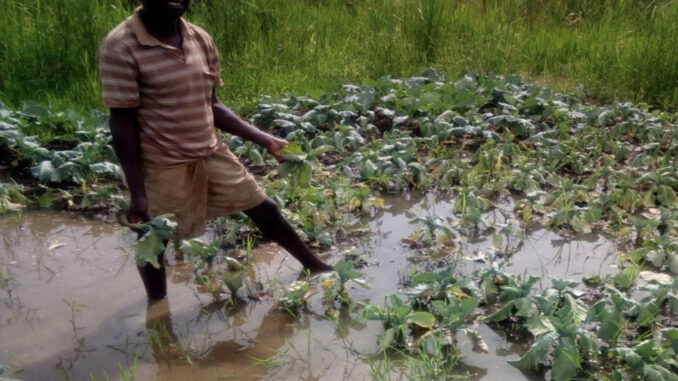
Kenya’s recent flooding has wreaked havoc on its agricultural sector, leaving farmers like Martha Waema facing unprecedented losses. The deluge has submerged farms, destroying crops and livelihoods across the country. Government reports indicate over 168,000 acres of farmland have been affected, threatening food security and economic stability.
The crisis highlights the urgent need for climate-adaptive farming practices. While some farmers, like James Tobiko Tipis, have successfully implemented soil conservation techniques, many remain vulnerable to extreme weather events. Experts emphasize the importance of terracing, cover crops, and water retention strategies to mitigate future impacts.
Agricultural officers stress the need for better soil and water management practices, particularly in fragile environments. Professor John Gathenya advocates diversifying crops and enhancing soil’s natural water retention capacity as cost-effective alternatives to large infrastructure projects.
The flooding has exposed Kenya’s inadequate preparedness for climate-related disasters, prompting calls for improved weather forecasting and sustainable land management. As the country grapples with immediate challenges, the long-term focus shifts to building resilience in the agricultural sector.
This crisis is a stark reminder of climate change’s tangible effects on food production and rural livelihoods, underscoring the necessity for adaptive strategies to ensure Kenya’s agricultural sustainability and food security in the face of increasingly erratic weather patterns.
